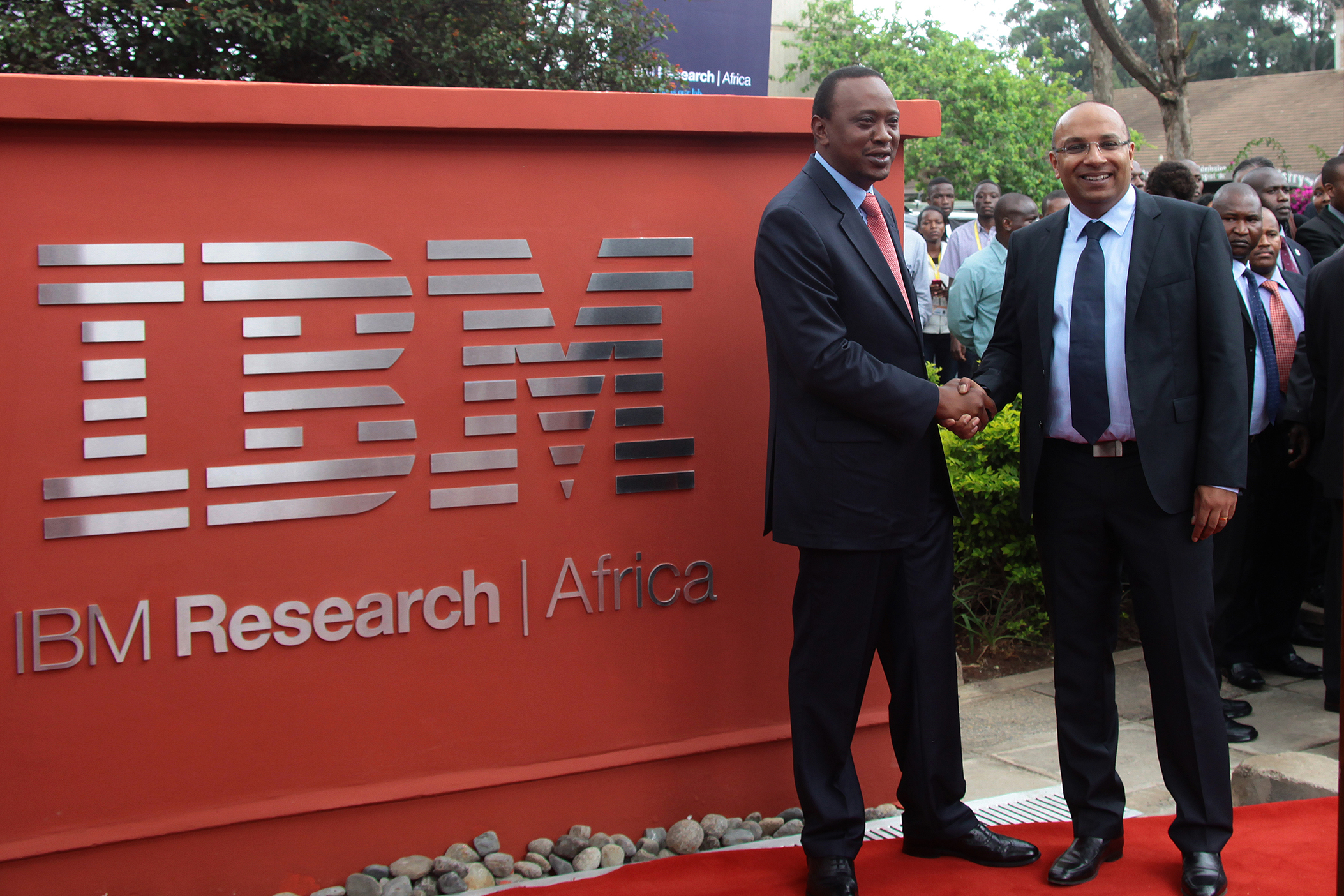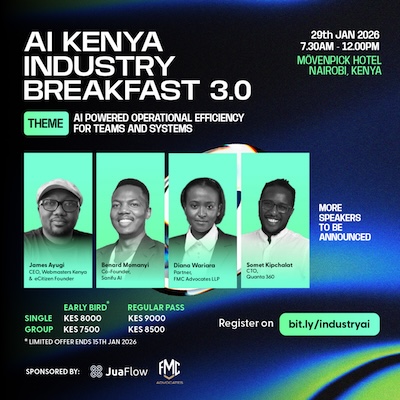
Data Research Scientists from IBM Research Africa have developed an application that could soon help curb the menace of garbage heaps across Nairobi County. The scientists have designed and developed a solid waste management system to help solve this problem.
A survey conducted in 2011 revealed that Nairobi is one of the most congested cities in the world. It is actually the fourth-most congested city in the world. It is estimated that the Nairobi Roads were developed for a city of 350,000 inhabitants, instead of the over 3.4 million population today embarking on this research the IBM Scientist noted that this could be the reason that poses the challenge of traffic jams as well as garbage collection across the city. However, despite several initiatives, the county government has been unable to effectively deal with mounting garbage.

This has seen scientists from IBM Research embark on a pilot project with the Nairobi City Council to help manage and optimize the council’s fleet of waste collection vehicles and create a digital map condition of Nairobi streets.
“We partnered with Nairobi County on (developing) the system. Currently, we are monitoring 10 of the garbage collection vehicles with our smart devices. On the first attempt, we were able to tell when all the vehicles were in the garage. The system checks the dump sites in the county to see if they are full. It also captures how long a vehicle takes in traffic and the time the vehicles take to collect garbage,” said IBM researcher Aisha Walcott Bryant while demonstrating how the app works at the firm’s lab in the Catholic University of Eastern Africa.
She also added that the app as well automatically monitor and tell traffic and driver behaviour as it can detect speed bumps ,potholes as well check fuel usage as the drivers drive around in the garbage collecting lorry with a mobile phone that is fitted with the application.
The data collected can be used to help council officials to optimize and expand their waste collection services. In the first stage of the project, IBM Scientists have fitted 10 waste collection trucks with smart devices. The trucks are currently moving around Nairobi collecting data for the project gathering and transmitting data about their location, altitude, speed, acceleration, orientation, vibration levels, humidity, and temperature.
IBM scientists are using big data technologies to analyse the information and draw key pieces of insight about the efficiency of the fleet as well as well as the condition Nairobi streets and related urban infrastructure. IBM is currently in negotiations with Nairobi City County to extend the project to all Nairobi’s waste collection trucks and ultimately to the city’s other service vehicles.
The IBM Research Africa project could be launched in a year, as the city steps up garbage collection programme that costs an estimated Sh1 billion per month. IBM researchers will collect data on the five million residents in Nairobi County, map garbage collection routes and connect them to a mobile application monitored from the main office server.
Nairobi County Executive Committee Member for Environment Evans Ondieki, who is playing a key role in the roll-out of the new garbage collection plan, says the initiative will give the city a new, gleaming face.
“With the new technology from IBM Research, we are able to track our garbage collection fleet and ensure that the Lorries are actually doing the right job as intended and on time. From my office I can tell where this particular vehicle is and still track its moves around the city,” he said. ”We have seen great improvement in our garbage collection across the county since we installed the fleet with the system as the garbage collection has grown from 800 metric tonnes per day to 1200 metric tonnes since we can easily manage the fleet. Our plan is to attract foreign direct investments through a clean, well-organised city that knows how to manage solid waste and has proper planning,” said Mr. Ondieki.
An attempt to organise the city’s garbage collection in 2010 through a Japan International Cooperation Agency (Jica) funding failed.
Improving traffic congestion in developing countries with increasing urbanization typically requires high investment in construction through the development of new roads and infrastructure. But investing in roads and infrastructure is expensive.




One Comment